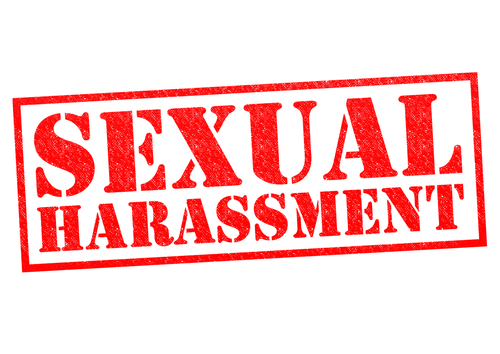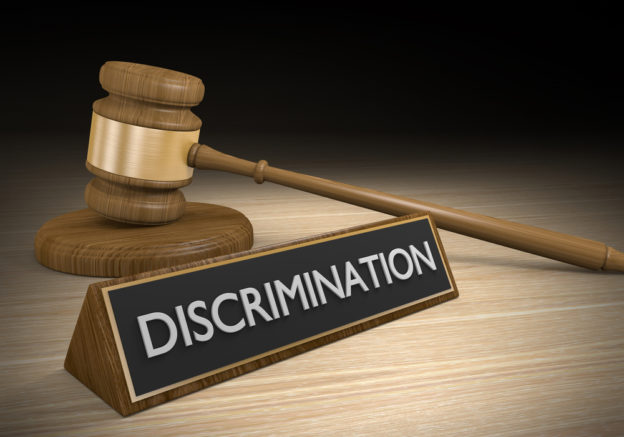 By Brad Cave
By Brad Cave
The Tenth Circuit recently reversed the dismissal of a quid pro quo sexual harassment claim and sent it back to the trial court for a trial, rejecting the employer’s argument that the required, pre-lawsuit EEOC charge did not allege quid pro quo harassment.
Labeling Between Two Forms of Harassment Not Required
Most human resource professionals recognize that two forms of sexual harassment are prohibited under Title VII’s ban on sex discrimination. Quid pro quo harassment arises when a supervisor demands sexual favors from a subordinate in exchange for the receipt or withholding of a term or condition of employment. Hostile work environment harassment occurs when sufficiently severe or pervasive offensive conduct creates an intimidating, hostile, or abusive work environment. This distinction has been recognized for decades by the courts as two variations of prohibited sexual harassment.
Despite the widespread acceptance of these two recognized forms of unlawful harassment, neither Title VII nor its regulations use the “quid pro quo” or “hostile work environment” labels. As the Tenth Circuit Court of Appeals (whose decisions apply to Wyoming, Colorado, Utah, Kansas, New Mexico, and Oklahoma) recently pointed out, these labels began in academia and then were adopted by the courts. But, according to the Court, despite the ability of the labels to describe the alternate ways that sexual harassment may occur, the labels themselves are not wholly distinct claims. They both raise a claim of sex discrimination in the workplace in violation of Title VII.
Because a claim of sex discrimination encompasses both types of sexual harassment, the majority of the Tenth Circuit three-judge panel concluded that a former employee’s EEOC charge need only allege sufficient facts to alert his former employer of the alleged violation without having to specifically label which form of harassment is being alleged. Jones v. Needham, No. 16-6156 (10th Cir., May 12, 2017).
Male Mechanic Alleged Female Supervisor Made Sexual Advances
The case at issue arose when Bryan “Shane” Jones alleged that he was fired because he refused to have sex with his direct supervisor, Julie Needham. Jones worked as a mechanic for Needham Trucking, of which Ms. Needham was also a shareholder.
To file his claim with the EEOC, Jones completed an intake questionnaire on which he checked the boxes for “Sex” and “Retaliation” as the basis for his charge. He also wrote in sex harassment on the form. Moreover, he identified two witnesses that he claimed would testify that they knew of the sexual harassment and provided that another mechanic was treated better because he had sex with Ms. Needham. He also prepared an attachment to provide more details of his claim, including the statement that “I was terminated because I refused to agree to Ms. Needham’s sexual advances and I rejected all such efforts by her.”
EEOC Issued Right-to-Sue Letter After Preparing An Abbreviated Charge
Unbeknownst to Jones, the EEOC apparently did not receive the separate attachment to his intake questionnaire. Instead, the EEOC prepared a charge form based on the intake questionnaire alone. That charge form stated that during his employment, Jones was subjected to sexual remarks by owner, Julie Needham, that he complained about the sexual harassment to the general manager and other owners and nothing was done, and that Needham terminated his employment. The charge did not specify the additional information that Jones had written in his would-be attachment about Needham’s sexual advances.
After the EEOC issued Jones a right-to-sue letter, he filed a lawsuit in federal court alleging sexual harassment and other state-law claims. Although his complaint initially pursued his sexual harassment claim on both a hostile work environment and quid pro quo basis, he later dropped his argument based on a hostile work environment.
District Court Dismissed Quid Pro Quo Claim For Failure To Exhaust Administrative Remedies
Looking at whether Jones’ EEOC charge form sufficiently alleged sexual harassment, the district court appeared to find it deficient because the form did not include the missing attachment that spelled out the quid pro quo allegations. Relying on precedent that a plaintiff’s claim in federal court “is generally limited by the scope of the administrative investigation that can reasonably be expected to follow the charge of discrimination submitted to the EEOC,” the district court dismissed Jones’s sexual harassment claim, holding that Jones had failed to exhaust his administrative remedies for his quid pro quo sexual harassment claim.
Jones appealed to the Tenth Circuit, which revived his claim upon finding that the charge form contained sufficient allegations to trigger an investigation that would look into “what [Needham’s] sexual remarks were, why Mr. Jones was fired, and whether the two events were connected.” As described above, the Tenth Circuit refused to require that the charge be more specific as to the type or form of harassment alleged.
Lesson: Investigate All Possible Harassment Without Regard For Labels
Although Jones’s employer, Needham Trucking, argued that the facts alleged in the EEOC charge failed to provide it with notice that Jones was alleging quid pro quo harassment, the Tenth Circuit didn’t buy that argument. Instead, it expected the employer to investigate and respond to the facts that were in the charge regardless of whether they supported a hostile work environment or quid pro quo claim. Consequently, employers should investigate all facts in an EEOC charge and let their investigations follow where the facts take them.
Failure to exhaust administrative remedies is a very viable and useful defense when an employee’s lawsuit alleges claims outside of the allegations found in the EEOC charge. But when it comes to sexual harassment, don’t get too caught up in any labels regarding the theory of harassment being alleged. If the facts allege a claim under either (or both) forms of harassment, the charge may very well be sufficient.



 By
By 

 By
By 

 By
By 




 By
By